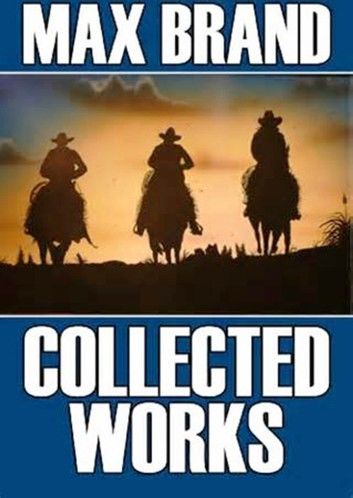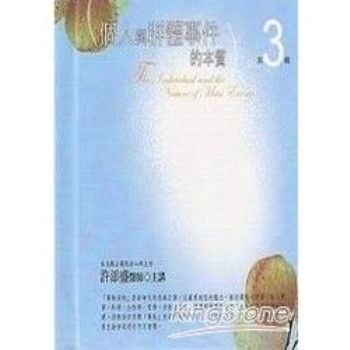If this story were not fact it would not be written. It is too incredible for fiction. The best proof of its reality is the very fact that it is incredible, but if further proof is wanted it may be obtained from the twelve good men and true who formed the jury at the trial of Harry McCurtney. If they will not do, certainly Judge Lorry is an unimpeachable witness.
The story has to do with probably the oldest combination known to stories—a hero, a villain, and a beautiful woman. The hero was young, handsome, talented; the villain was middle-aged and rather stout, and smoked big black cigars; the beautiful woman was very beautiful.
Whatever the reader may think, this is not a motion-picture scenario. However, it sounds so much like one that it might as well start in the movie way.
The camera, therefore, opens on a close-up of the middle-aged villain. As the round spot of light widens, everyone can see that the man is a villain. The way he chews that long black cigar, for instance, emitting slow; luxurious puffs, is sufficient proof.
No one but a villain really enjoys good tobacco; but to pile Pelion on Ossa, there are other proofs—lots of them. He has a square, bulging jaw, a straight-lipped, cruel mouth, a great hawk nose, and keen eyes buried under the overhanging shelter of shaggy brows. He is frowning in his villainous way and looking down.
The spot of light widens still further and includes the beautiful woman. She is very, very beautiful; a black-haired type with questioning, dark eyes. She is dressed in black, too, filmy over the arms, so that the rose tint of flesh shines through. She reclines in an easy chair with her head pillowed gracefully and canted somewhat to one side, while she studies the villain and defies him.
One notices her slender-fingered hand drooping from the arm of the chair, and compares it with the big fist of the villain, wondering how she can have the courage to defy him. She seems to know all about him. Well, she ought to. She is his wife.
The camera now opens out to the full and one sees the room. It is very big. There is a soft glimmer of diffused light, which is brightest on the corner of the grand piano and the slightly gray head of the villain. His big feet are planted in the thick texture of a rug. An arched doorway opens upon a vista of other rooms fully as sumptuous as this one. Proof positive that the man is a villain! He is too rich to be good.
The woman is talking. She leans forward with a smile that would win the heart of an armored angel—one of Milton's kind; but the man still frowns. It is easy to see that he is going to refuse her request—the beast! She concludes with a gesture of infinite grace, infinite appeal. This is what she said:
"So you see, John, it was really a good act on the part of Harry to rid the world of that unspeakable uncle of his. Why, there isn't a soul in the city with a single kind word for that old miser, William McCurtney! He never did a gentle act. He broke the heart of his wife and killed her. He has kept poor Harry in penury."
The villain removed the black cigar from his teeth with a singularly unattractive hand. It looked as if it had been used all his life for grabbing things—and then holding them. His eyes burrowed into the face of the beautiful woman as if it made not the slightest difference to him whether he was speaking to his wife or not.





![塔木德:猶太人的致富聖經[修訂版]:1000多年來帶領猶太人快速累積財富的神祕經典 塔木德:猶太人的致富聖經[修訂版]:1000多年來帶領猶太人快速累積財富的神祕經典](https://media.taaze.tw/showLargeImage.html?sc=11100697818)






